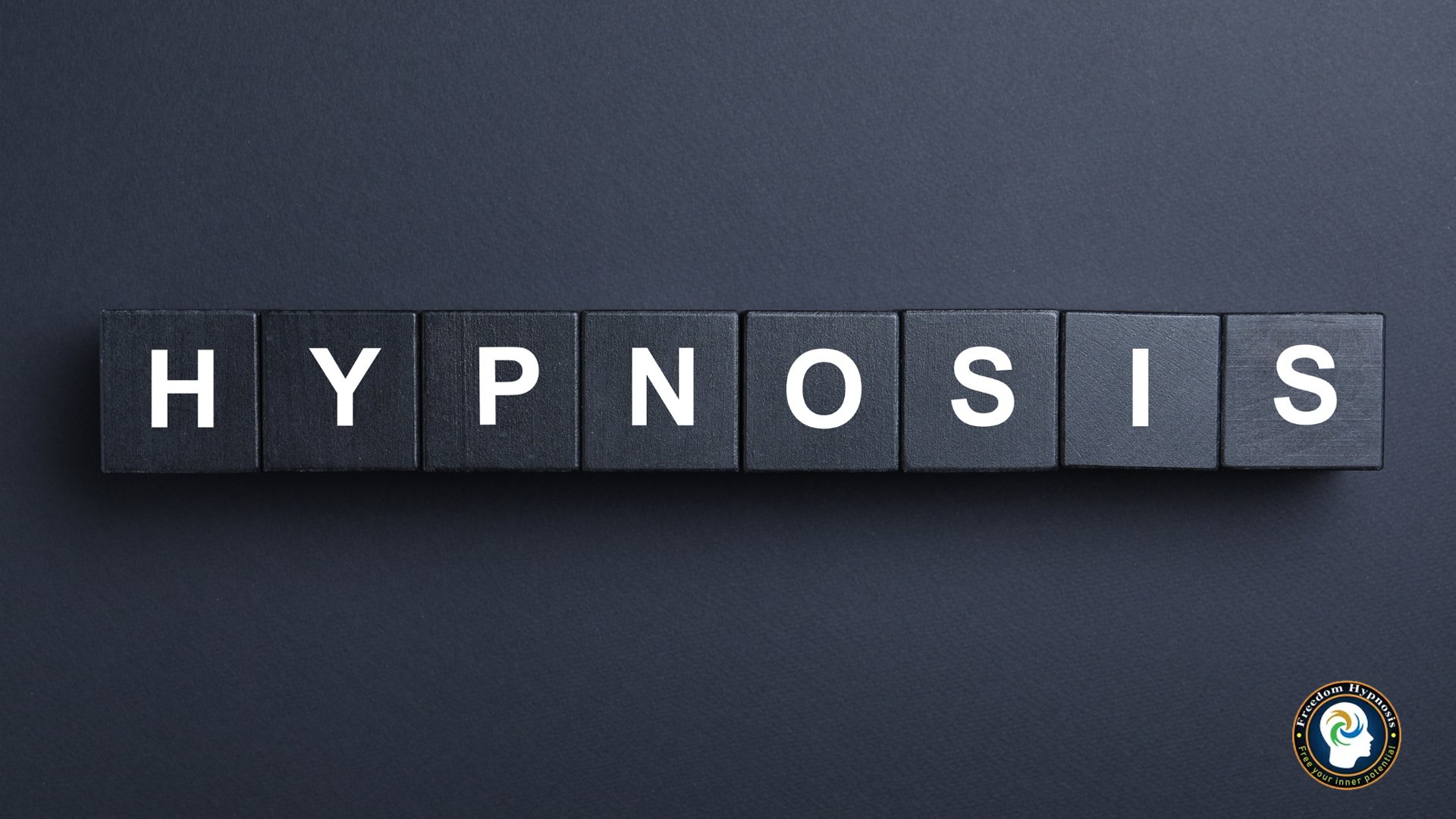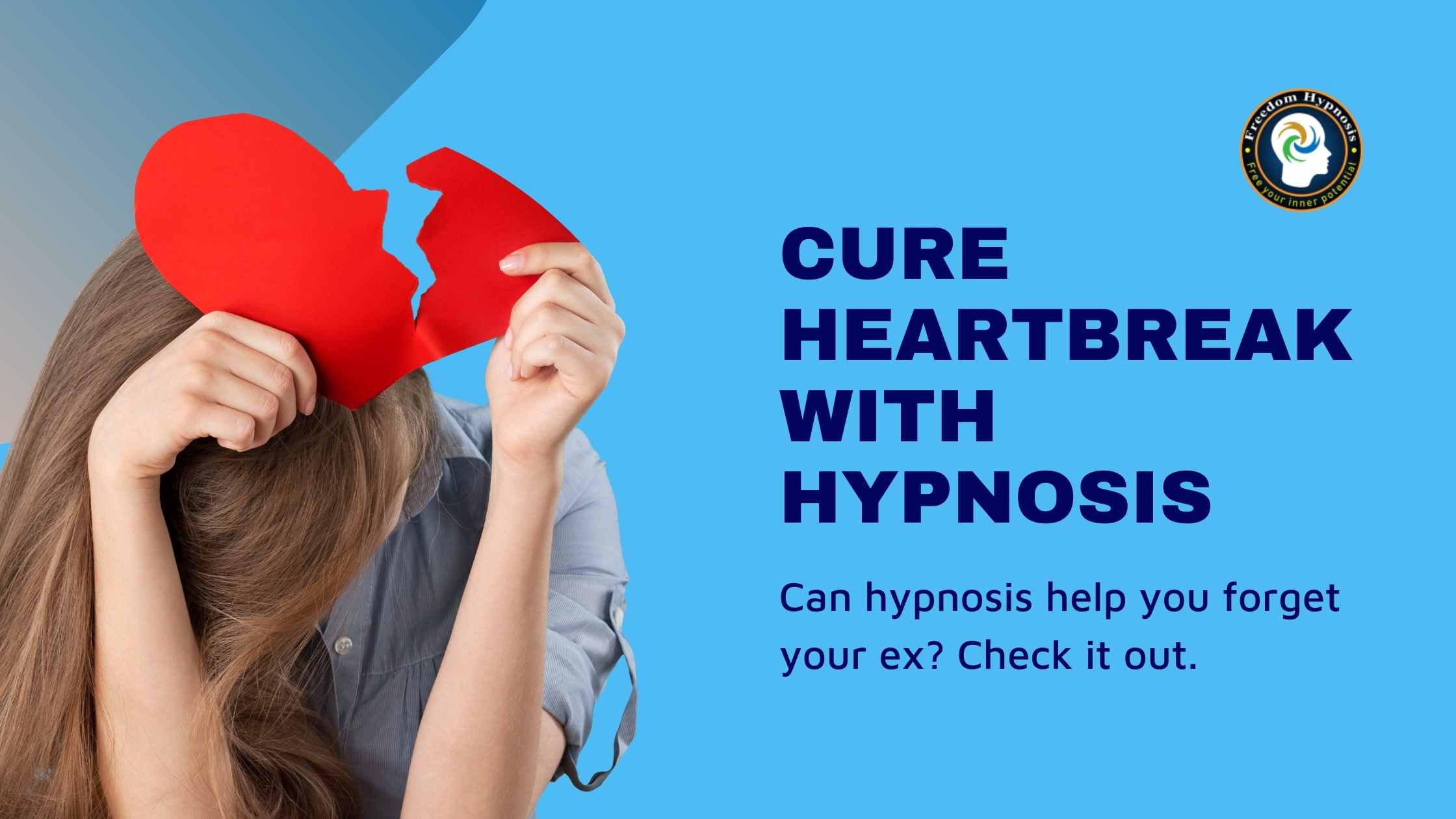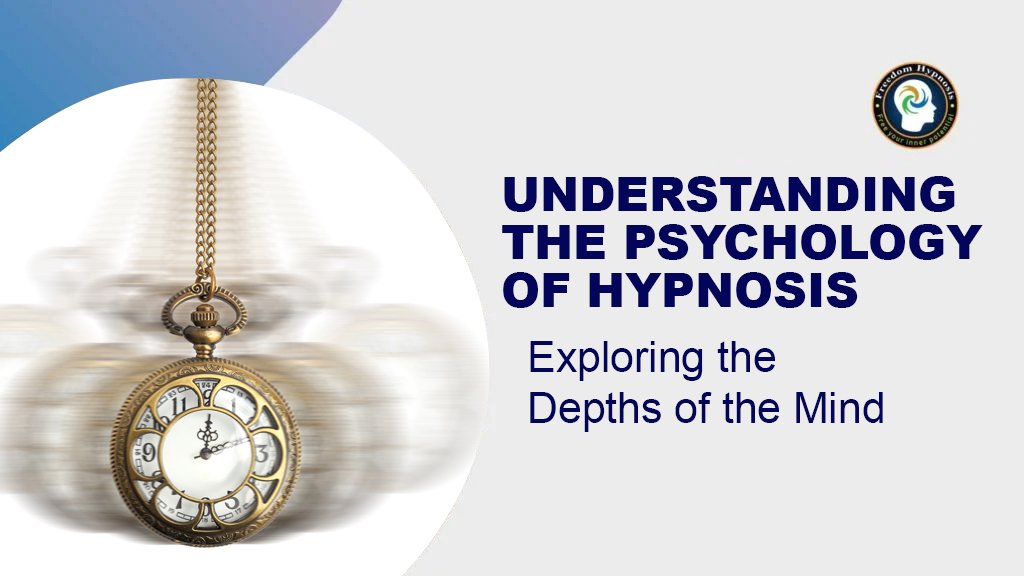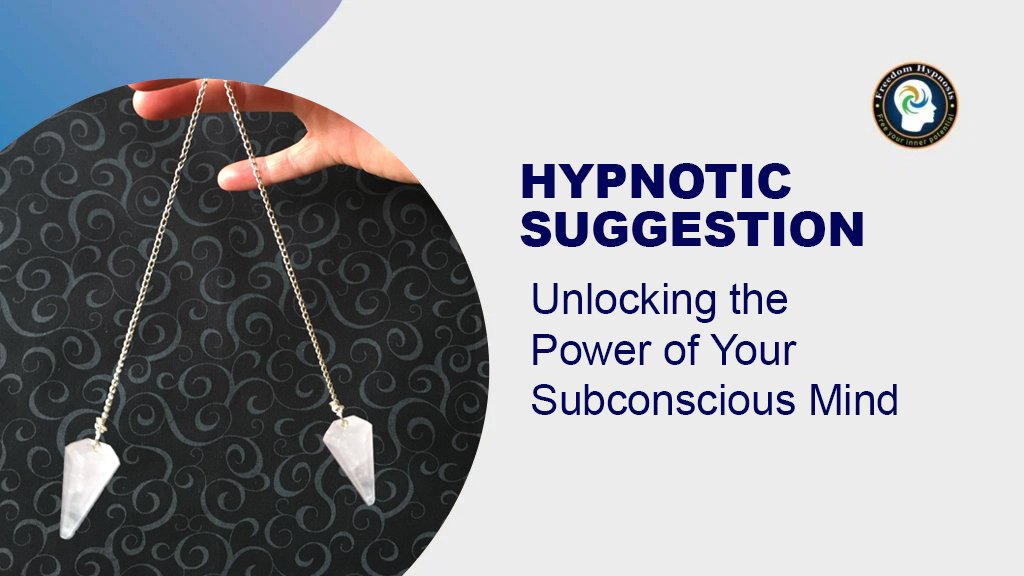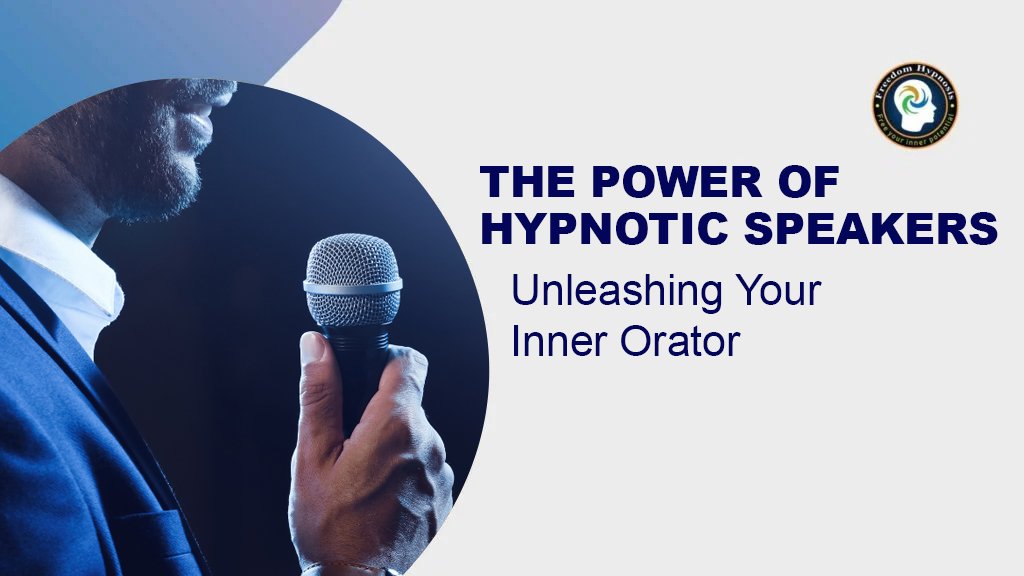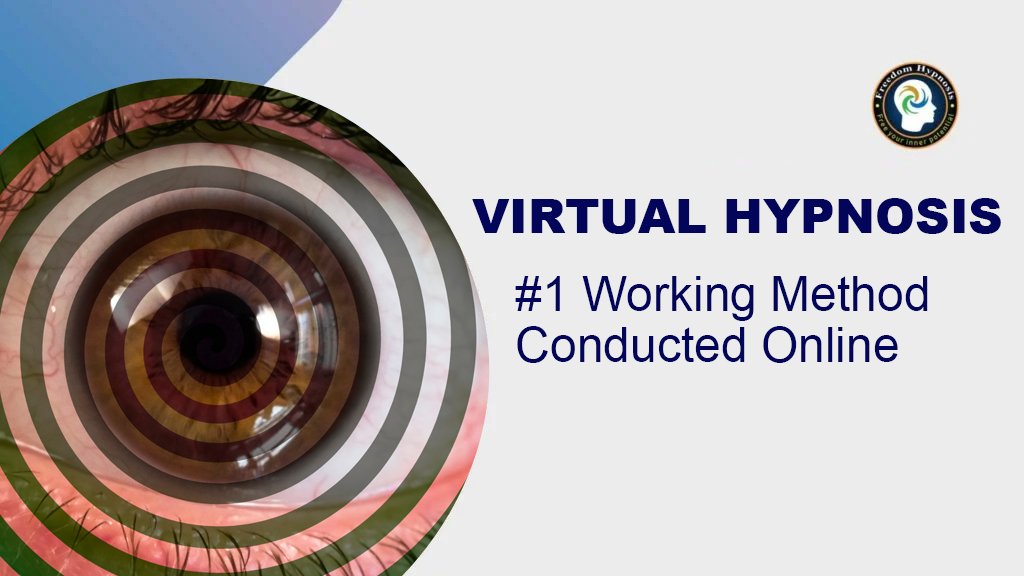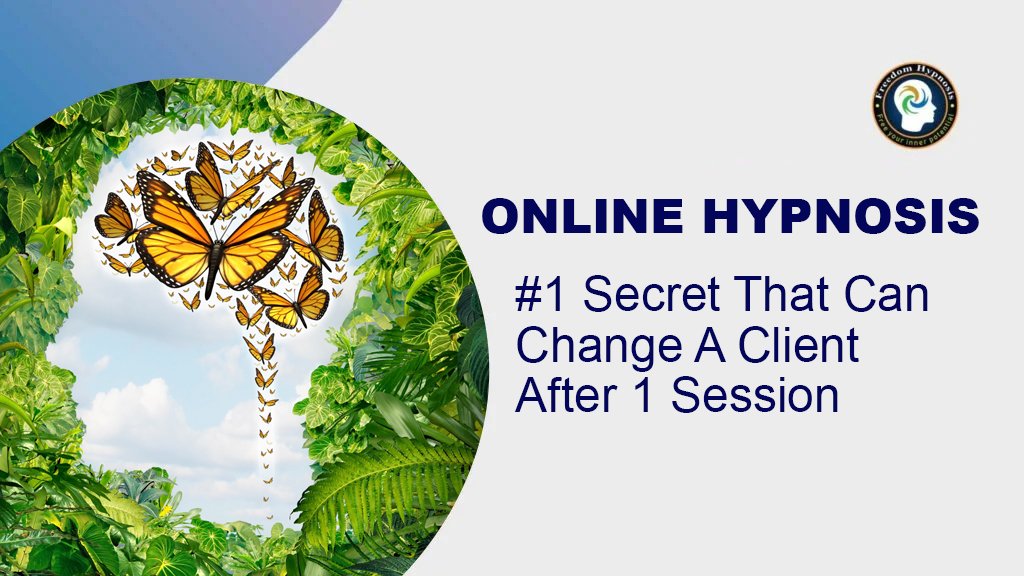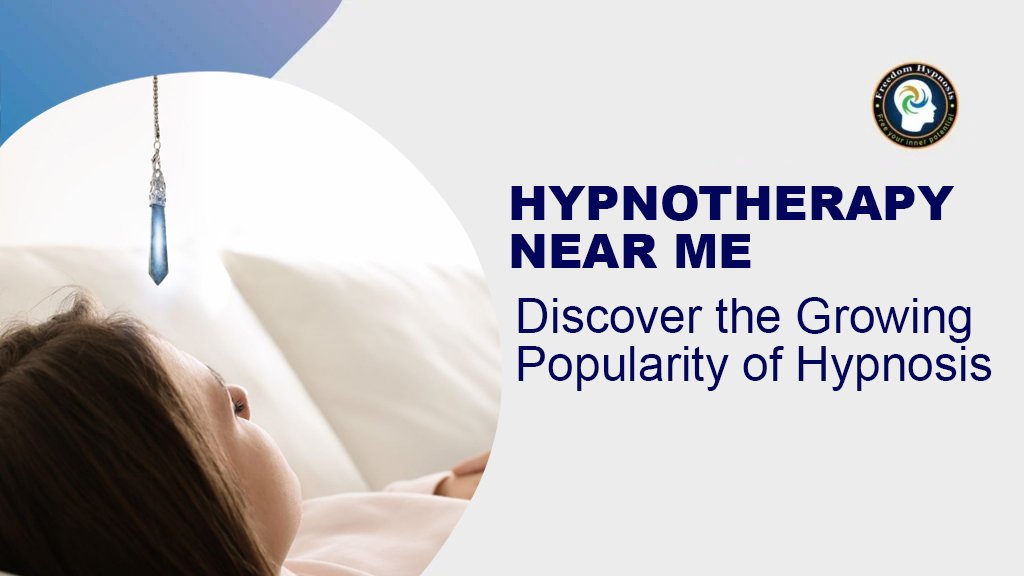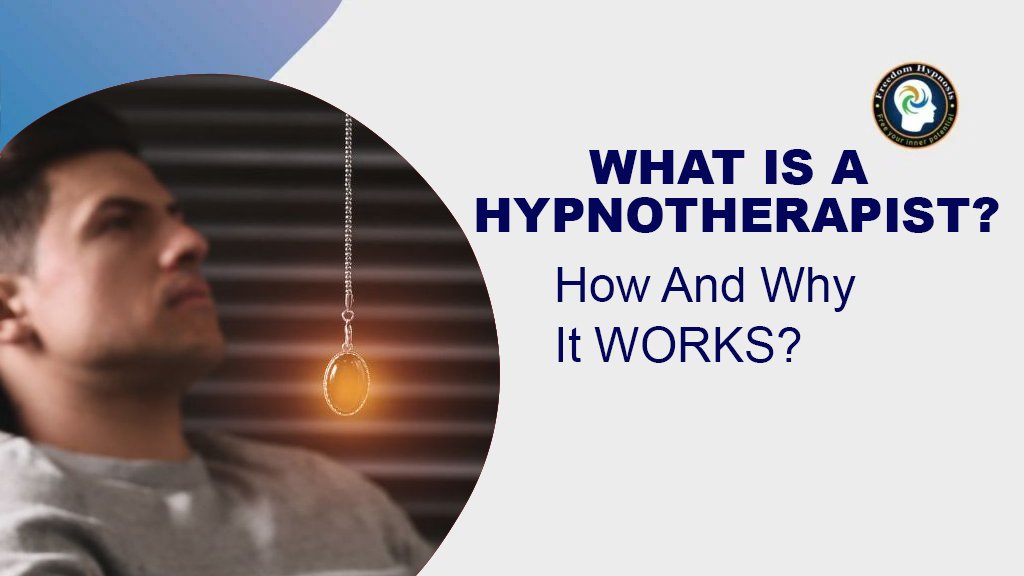
The search for “Hypnotherapy near me” has skyrocketed in the last few years, and for good reason. During a hypnotherapy appointment, you will not be asked to look at a swaying pocket watch or do anything you can’t remember.
Contrary to books and Hollywood depictions, you still have full control over your faculties during a hypnosis session. The hypnotist will simply put you in a trance-like state using imagery and verbal cues.
Today, people use it to create dramatic changes in their life—such as quitting bad habits or gaining confidence. Healthcare providers may also prescribe hypnotherapy as a complementary or alternative treatment for various conditions. These include anxiety, depression, phobias, and stress.
Is It Art or Science?
Hypnosis is a practice that goes back to ancient times. Its etymology comes from the Greek god of sleep, “Hypnos”. It slowly seeped into mainstream culture throughout the ages until it gained momentum in the 1990s.
For centuries, hypnosis was deemed a devil’s work or an illusion. It was not until the 1960s that hypnosis experienced mainstream popularity—although mostly stage hypnotists performed it. They use music, drama, comedy, monologues, and voice variations. Usually, the hypnotist asks volunteers to participate—creating a more profound audience impact.
We’ve seen this interactivity in TV shows, movies, and shows in hotels and casinos.
Decades later, we’re seeing a spike in interest in hypnosis. Not only as an entertainment tool but as a science. The days when a long, black cape represents it have disappeared.
What Spurred the Popularity of Hypnosis
Three things caused a massive shift in how modern society perceives hypnosis:
The Subconscious Mind
Hypnosis becomes increasingly popular as the world recognizes the power of the subconscious mind.
The subconscious houses our habits, emotions, and memories. Its primary purpose is to provide us. It is believed that the “real” version of us lives in this part of our mind.
But there’s a problem.
The subconscious is an unquestioning servant. It doesn’t care if you’re doing something to improve yourself but only follows its inherent duty—and that is to keep you in your comfort zone.
For example, many people can’t stop smoking because they become irritable, restless, or sad whenever they try. Perhaps, their subconscious mind houses a “belief” that smoking is their primary form of relaxation. So, it brings out unpleasant psychological reactions to bring you back to that habit.
The subconscious mind cannot tell if it’s real or healthy because its only language is imagination. Anything you unconsciously imagined to be real or healthy during childhood is deeply etched in your mind and reflects in everything you do.
When modern hypnotists fully understood the power of the subconscious mind, they refined their practice to make it more suitable for the therapeutic route. Today, you can find programs designed to address different problems through hypnosis.
Meditation
Many of those who were previously skeptical about hypnotherapy are gradually changing their mind as meditation becomes popular.
Meditation was considered a practice almost exclusively inside temples and monasteries until a simplified format was introduced to the public in the late 19th century. Later on, professional psychotherapists adopted it as a part of treatment plans.
A mass-marketing phenomenon started in the 21st century, as celebrities started crediting meditation for their success.
But that’s not all.
There’s an overwhelming amount of research that proves the benefits of meditation. Healthcare professionals recognize the mind-body connection—that negative thoughts can trigger or exacerbate various physical problems. Doctors would now recommend meditation along with prescriptions.
So, how is this connected to hypnosis?
Meditation and hypnosis overlap in various aspects.
- They promote bodily relaxation.
- They bring us into a state of intense focus and concentration at the present moment.
- Functional magnetic resonance imaging (fMRI) studies show that they lower the activity in the default-mode networks, which are responsible for handling passive tasks.
Therefore, hypnosis shares the positive effects of meditation.
Research
Society started to view hypnotherapy as a legitimate alternative method due to the findings of recent studies.
- The New York Magazine wrote an article on hypnosis in 2016, citing research that shows cerebral changes while in hypnosis. Because neuroscience is relatively new, any discovery generates heavy publicity. It’s safe to assume that that article encouraged many people to try hypnosis.
- Also, in 2016, a study published in the Deutsches Ärzteblatt International states that medical hypnosis is a safe and effective treatment for irritable bowel syndrome (IBS). The researchers reviewed randomized controlled trials that included 391 publications.
- Years before that, Psychology Today published a write-up that encouraged psychiatrists to train in hypnosis. The author states that hypnosis can help patients with weight control, smoke cessation, anxiety, poor sexual function, and chronic pain.

How Does the Public See Hypnosis Today?
Most people have positive opinions and attitudes toward hypnosis, according to a narrative review of 31 articles spanning 1996–2016. They believe that “hypnosis is beneficial to psychological issues”.
However, despite the scientific literature supporting the usefulness of hypnosis in a clinical setting, we should remember that it also has limitations.
- Not everyone can be hypnotized. Several factors, such as fear about the hypnosis itself, influence your responsiveness to hypnosis.
- It’s not recommended for people with drug or alcohol addiction and psychosis. These conditions alter their perception of reality, making hypnosis tricky.
- It shouldn’t be viewed as a comprehensive treatment for specific conditions. If you’re under medication (of any sort), ask your doctor about the possibility of including hypnotherapy in your treatment.
Bottomline
It’s undeniable that hypnosis has become a part of the mainstream culture—and with good reason. A growing number of research attesting to its efficacy as people search for more natural and less evasive alternative treatments.
If you want to know how hypnosis can address your unique concerns, contact Craig now!

